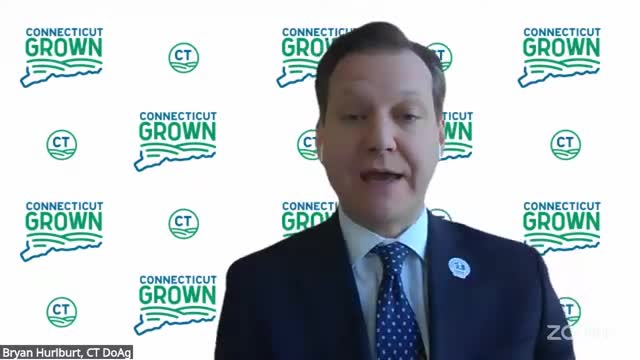Article not found
This article is no longer available. But don't worry—we've gathered other articles that discuss the same topic.
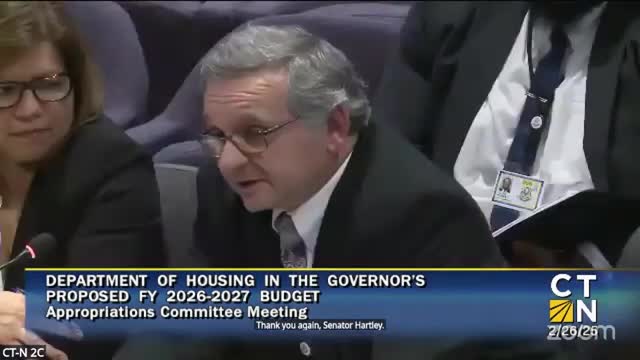
Agricultural Experiment Station expands lab capacity; researchers highlight ticks, mosquitoes and PFAS testing
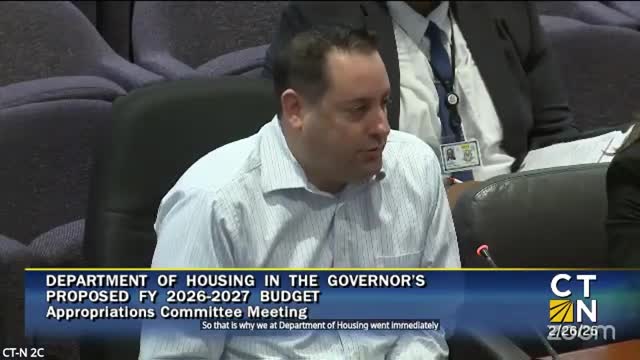
Housing officials say rental assistance waits are long; department readies online waitlist and data for lawmakers
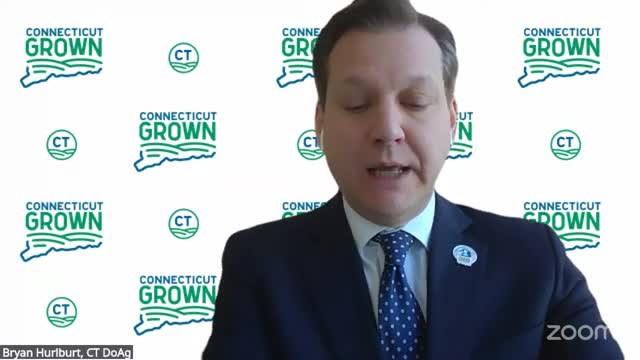
Labor department seeks clarity on youth employment funding and shows UI appeal backlog rising as pandemic staff assigned end

Budget trims to arts and tourism prompt questions as CTNext functions fold into DECD
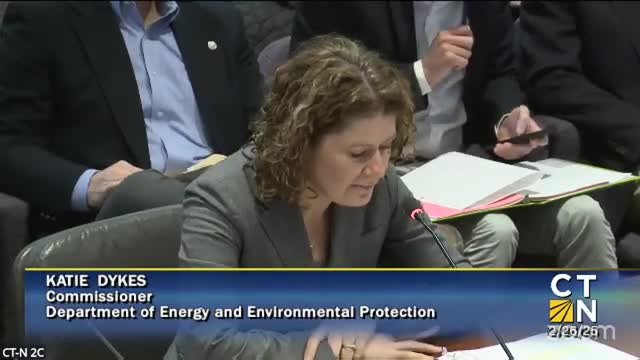
DEEP seeks staff for NRC 'agreement state' role; lawmakers press on fish‐hatchery cuts and release‑based cleanup rollout
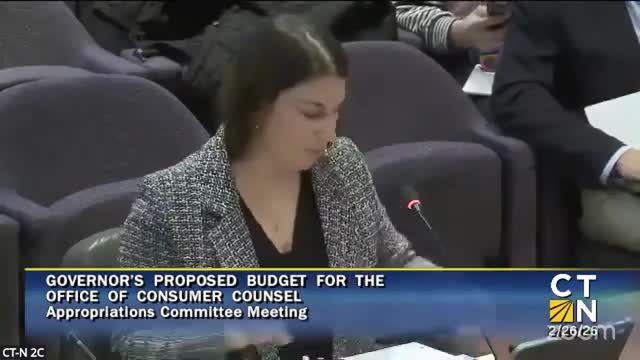
State consumer advocate seeks consultants and training to contest rising utility transmission costs
